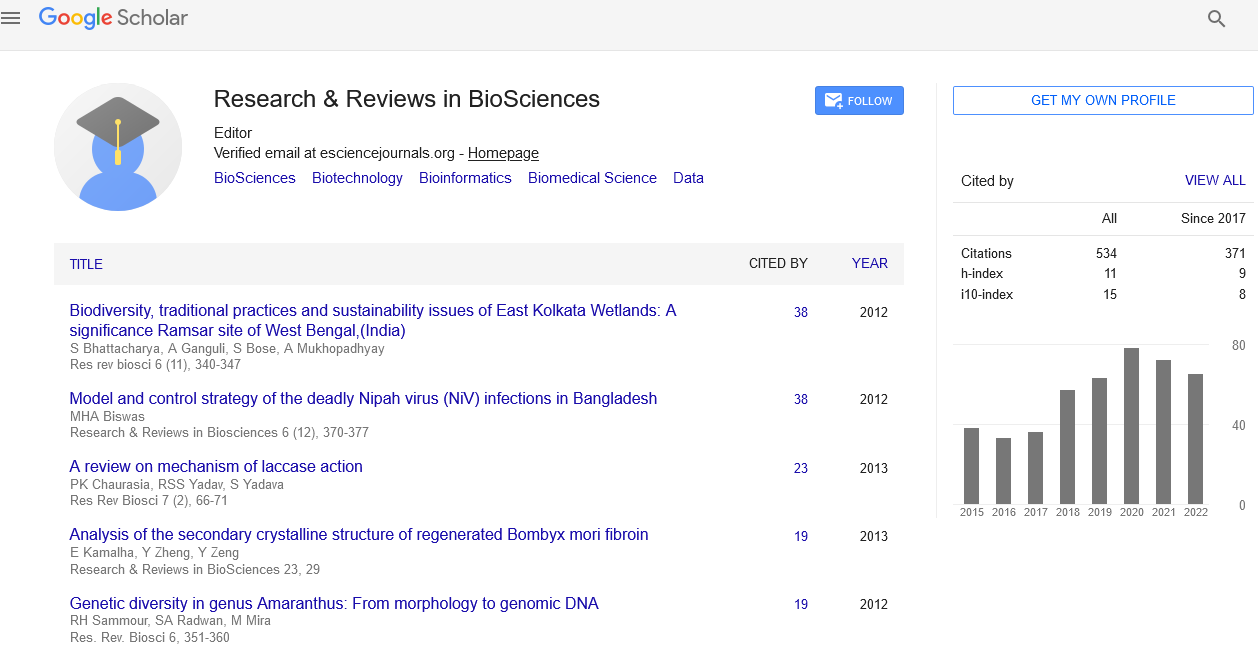Abstract
Biochemistry 2018: Live Inherited amino acid metabolism disorders among children with mental retardation
Author(s): Ts EnkhjargalBackground & Aim: Surveys revealed that 6.6% of school-age children in Mongolia suffer from mental retardation. One of the causes of the disease might be an inherited disorder of amino acid metabolism. New born screening for amino acid disturbances is mandatory in most countries. To assess the need for implementation of such a system in Mongolia, this study evaluates the status of inherited disorders of amino acid metabolism among children with oligophrenia. Method: Screening tests were carried out in dried blood spots of 476 children diagnosed with oligophrenia from special schools. Amino acid levels in urine and blood samples of the children with positive screening findings were determined using the high-performance liquid chromatography system. Result: The screening analysis detected elevated amino acids in twelve children. Due to refusal of caretakers of four out of these twelve positive children, the status of urinary and blood amino acids was evaluated in eight children. The assessment results indicated that the mental retardation in two children was not caused by errors of amino acid metabolism. In two of the remaining positive children elevated concentrations of glycine and threonine were found (serum Gly-116.48 µmol/L, Thre354.71 µmol/L and urinary Gly-337.47 µmol/L, Thre-539.37 µmol/L in one child and serum Gly-135.67 µmol/L, Thre-254.90 µmol/L and urinary Gly-635.27 µmol/L, Thre-546.23 µmol/L in the second child) which lead to the diagnosis of pyridoxinedependent epilepsy. The test results of other four children indicated hypertyrosinemia (serum Tyr-283.79 µmol/L and urinary Tyr-94.44 µmol/L), hypervalinemia (serum Val-115.42 µmol/L and urinary Val-439.65 µmol/L), hyperlysinemia (serum Lys268.73 µmol/L and urinary Lys-635.27 µmol/L) and non-ketotic hyperglycinemia (serum Gly-227.37 µmol/L and urinary-Gly 545.77 µmol/L). Conclusion: The survey findings show that one of the causes of Oligophrenia in Mongolia are inherited errors of amino acid metabolism and this fact urges the necessity of inclusion of amino acids into the newborn screening program.
